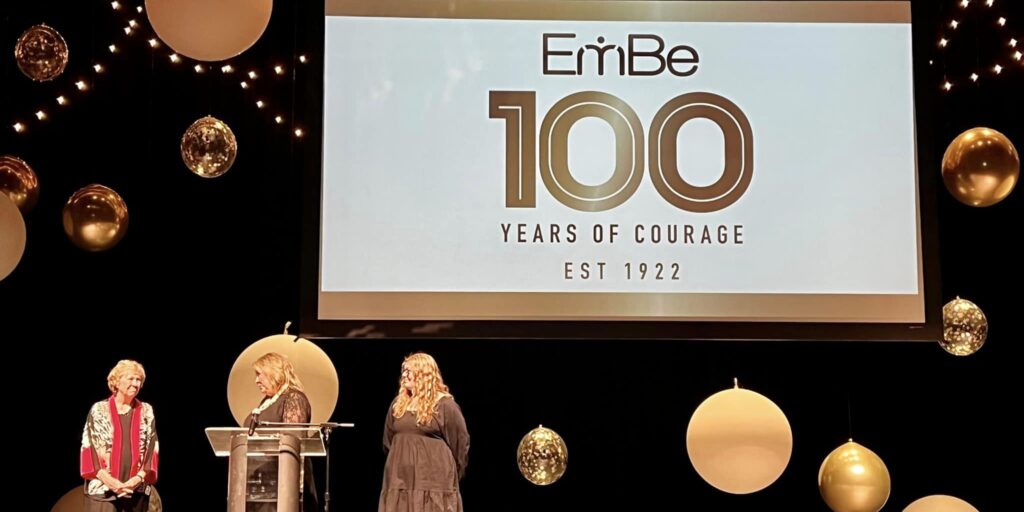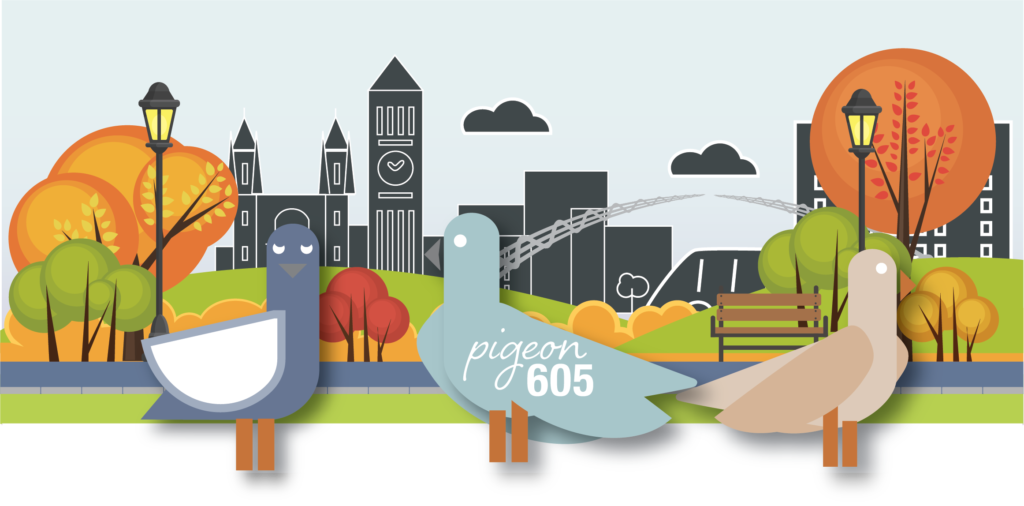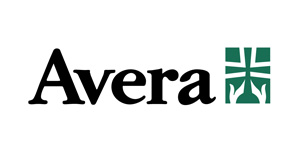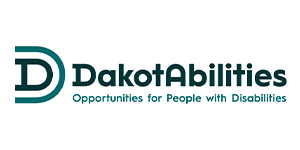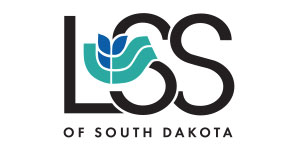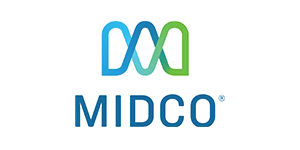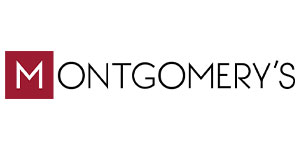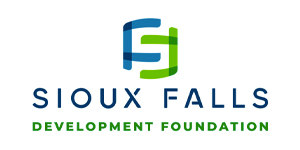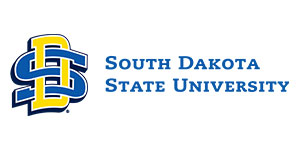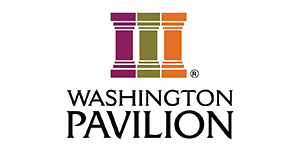20 years after Sept. 11, 2001, new generation emerges
Here’s one way to put the upcoming 20th anniversary of the Sept. 11, 2001, attacks in context: Not only has the defining day become part of U.S. history curriculums, but most first-year history teachers this year will themselves have no memory of living through the day.
That’s not the case for Roxy Harte, chair of the social studies department at Lincoln High School, who was a first-year teacher herself in the fall of 2001. While she now teaches U.S. history, at the time she led English classes in Arizona when the attack dominated the school day.

“Every classroom in that building had a television, and everyone was watching the news,” she recalled. “It was definitely challenging. We lived in a military community and had lots of students whose parents were serving, so there was a lot of fear of what comes next.”
While it served as a defining moment for a generation, much like the Kennedy assassination and the Challenger explosion before it, the post-9/11 generation has come of age never directly knowing the horror, fear or national unity that the terrorist attack generated.
“We only know post-9/11. I’ve never been to an airport before 9/11,” said Marisa Weinzetl, a senior at Lincoln High School. “I wasn’t even a thought in my parents’ brain.”

In elementary school, “We watched videos of the events, and I remember being traumatized as a kid,” she continued.
“I remember knowing in second and third grade that this was a heavy topic.”
By sixth grade, Lincoln senior Daniel Bethke had “understood the significance of that day and how it would come to influence the coming decades,” he said. “We read a lot more about it, we saw videos, and that was when it really stuck in my mind.”

Curriculum rewrites happen only about once every seven to 10 years, Harte added, so for several years after the attacks, they would be addressed in the classroom on that day. Now, though, Sept. 11, 2001, is integrated into the curriculum of U.S. history.
And because of where it falls, near the end of the nation’s history, it generally gets a brief bit of attention at the very end of the school year.

“Part of it is understanding the context,” Harte said. “Our struggles in the Middle East weren’t born on Sept. 11. Looking at what happened under Carter with the Iran hostage situation and before that with the oil crisis, all these moments, and the Iraq war and our shift from the Cold War to our focus on the Middle East really allows us to put it in context.”
The current U.S. troop withdrawal and Taliban takeover of Afghanistan makes the lesson this year all the more relevant, the students and teacher agreed.
“I remember growing up and we had troops in Afghanistan and the Middle East, and I didn’t know why,” Weinzetl said. “So that was helpful to know that context because otherwise it’s like this terrible event (9-11) happened and why?”
Post-9/11 Gen Z finds its way
The break between the millennials and Generation Z has been suggested as the point at which someone no longer has a direct memory of the terrorist attacks of Sept. 11, 2001.
That would make most anyone 25 years or younger today a member of Gen Z – the newest generation to enter college and the workforce.
“It will be adjusted, but right now the oldest Gen Z’ers are about 24 and the youngest ones are about 11 to 13,” said Denise Guzzetta, vice president of talent and workforce development for the Sioux Falls Development Foundation.

Guzzetta helps employers learn what qualities they can expect in Gen Z – ones that are different from the generation that precedes them.
“I tell them they have to be ready for people who are very fact-based, pattern-based, they want to work on a project and focus on a project,” she said. “They can work independently or together … but it’s centered on how they want real experience. They don’t want to waste their time.”
They also like to create things, often using technology, she said.
“I think there’s a very practical and pragmatic approach by these kids,” Guzzetta continued. “They didn’t grow up with ‘just go to college, and you’ll be successful.’ They saw firsthand debt and anxiety and the stress, and they just look at things differently. That’s where the practical learning piece, the work experience is very meaningful.”
Guzzetta does have a memory of Sept. 11, 2001 – a powerful one. She was on a plane getting ready to take off from Washington, D.C., when flights were grounded, searched and delayed so much she ended up driving to Florida instead. Her brother was working at the Pentagon that day, and the family was unable to reach him for days because communication lines were disabled.
“I was shaken, but I did not believe that the world was going to end,” she said. “I just felt like everything was going to be OK. It was horrible, but it was one of those things you live through.”
The pandemic, the clear defining moment for a generation so far, feels different, she said.
“The government doesn’t come out and say, ‘We’re going to be OK.’ They’re not messaging ‘We’re going to get through this.’ You don’t see the unity of the flag. Everyone (back then) was trying to help each other, everyone on that plane. People were ride-sharing. You did not have this sense it was me against everyone else.”
The students said their generation is one “willing to push against the grain,” Weinzetl said. “I see it every day. Kids … aren’t just going to fall into people’s expectations. They’re willing to make entirely new careers. It’s definitely a generation that’s going to forge its own path.”
For instance, unsure of her future major or career, she’s thinking of taking a year after high school to figure it out.
“I’d rather find something I’m passionate about, and I don’t know what that is,” she said. “And they’re teaching in school that it’s OK to not know what you want to do.”
Students also are increasingly aware of “everything that’s going on in the world,” Bethke said. “And that makes us more concerned. But there is this sort of rejection of authority for authority’s sake and only for authority’s inherent merit, and I’m not sure where that will lead, but I have noticed trends in that direction.”
From the teacher’s perspective, Harte calls it a generation that “in a lot of ways is way more accepting of individual differences than previous generations,” she said. “They just kind of roll with a lot of things. Authenticity matters to this generation more than anything else. I don’t see bucking authority. I see the students valuing authenticity. They can tell when you’re not being authentic.”
Wellness is key to this generation too, Guzzetta added.
“Mental health is something that will be stressed because they’re paying attention to it,” she said. “They want good culture and to be part of a good team. I think it’s important for employers to recognize that.”
Share This Story
Most Recent
Videos
Want to stay connected to where you live with more stories like this?
Adopt a free virtual “pigeon” to deliver news that will matter to you.









